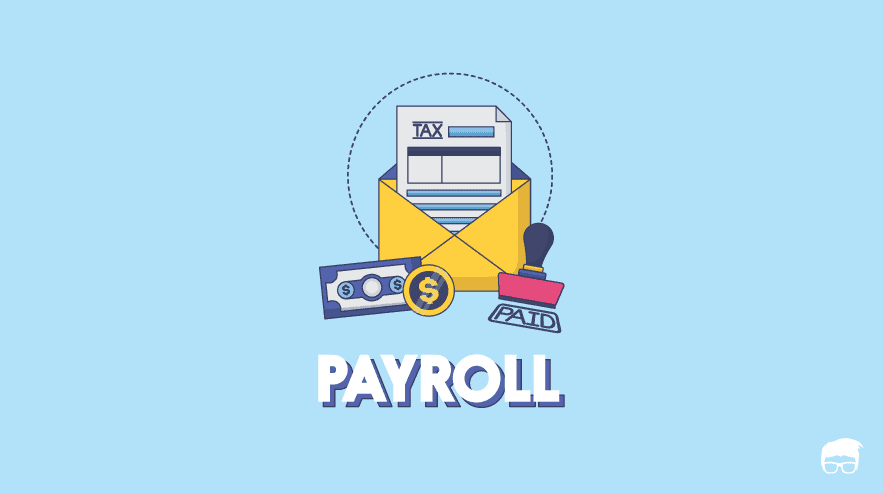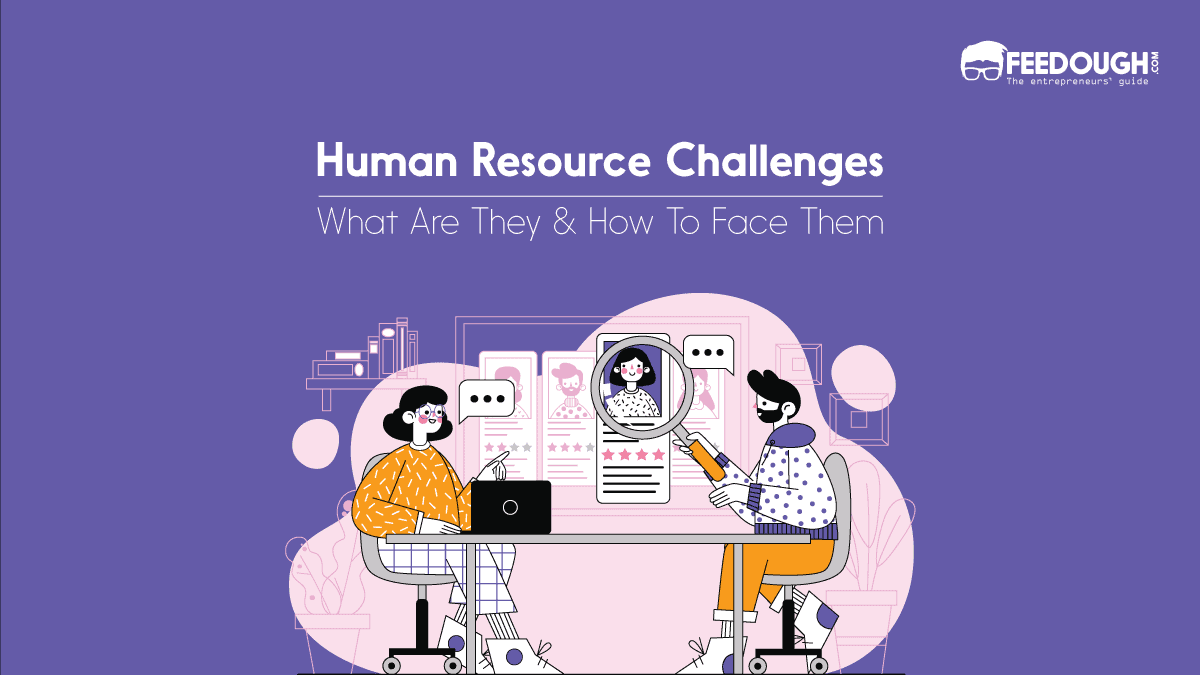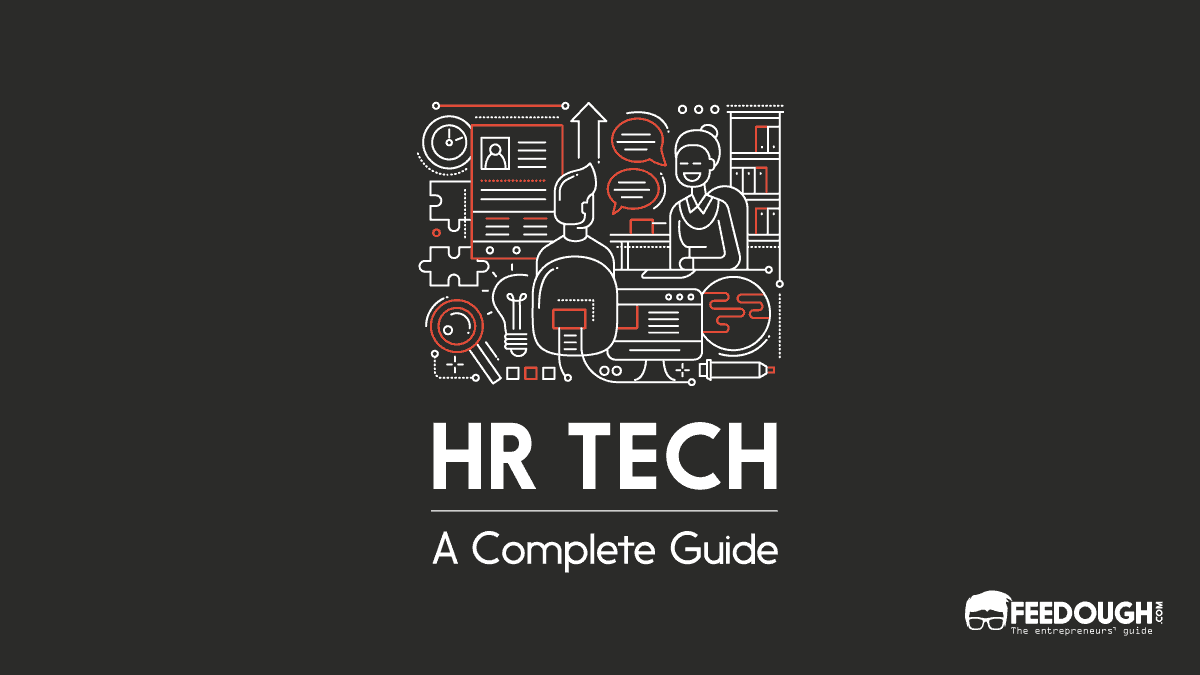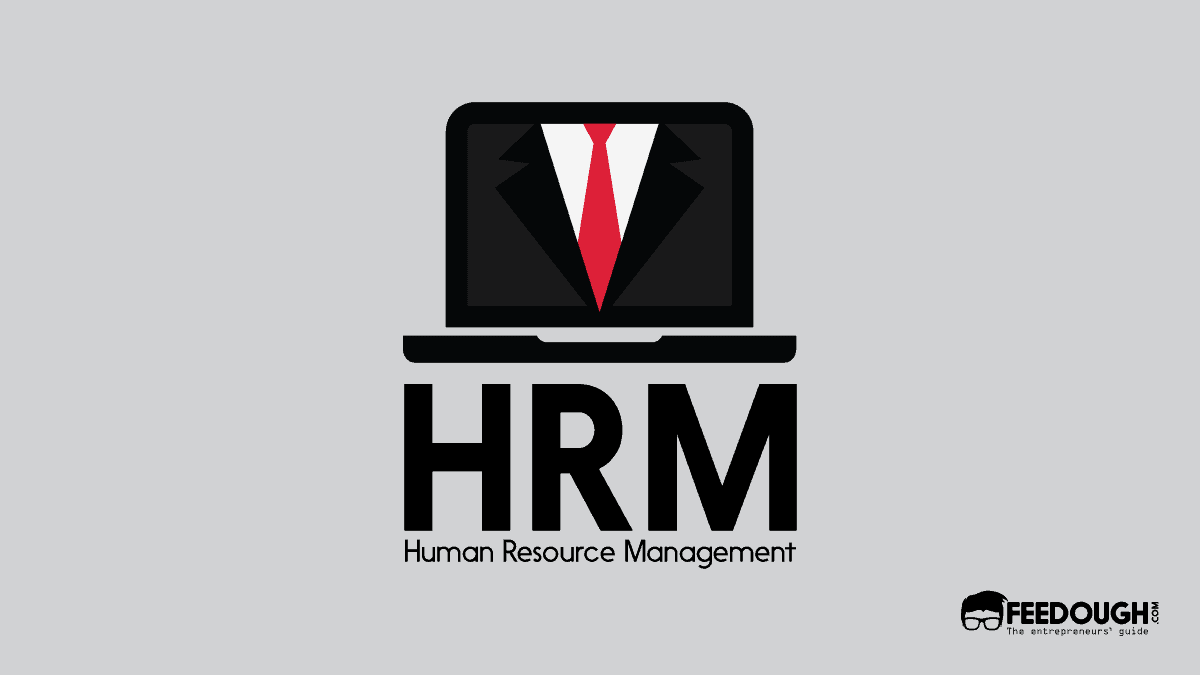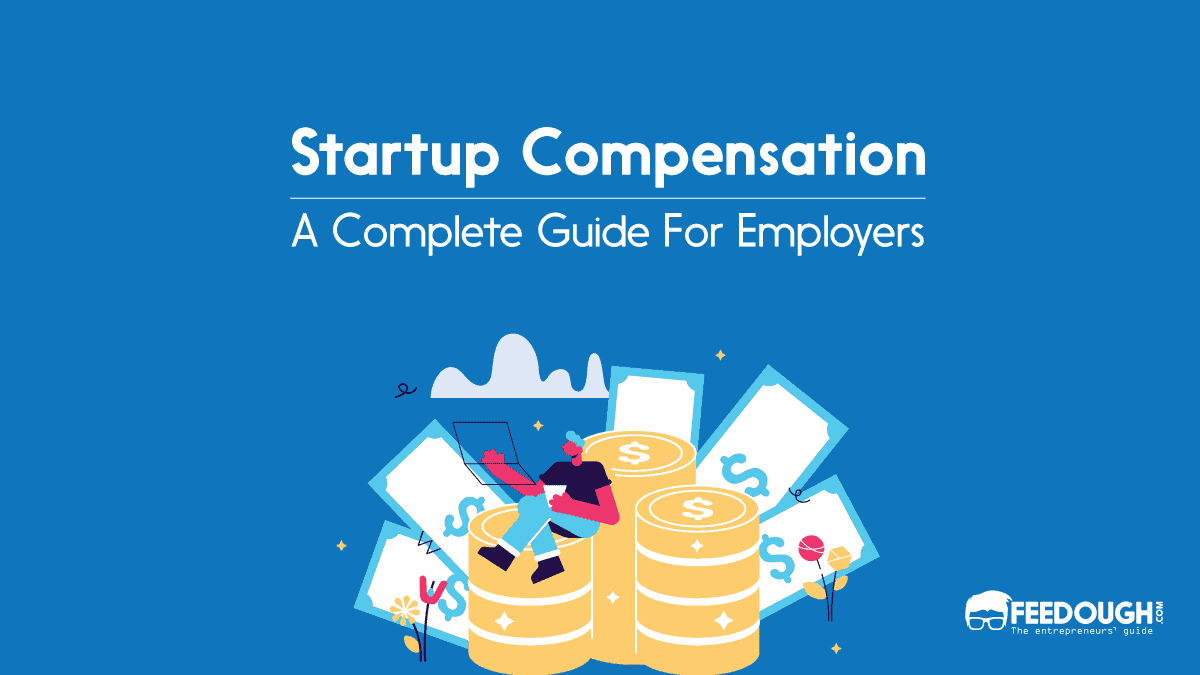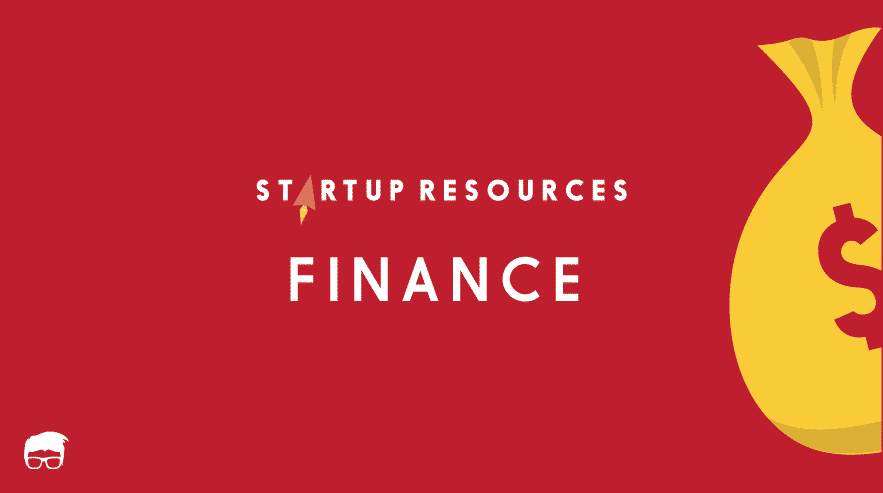Payroll processing is one of the most tedious jobs of the month for the HR department of any company. While the hard work pays off eventually, the employees get to have an insight into their performance. So, what exactly does payroll mean and why are organisations today much more concerned about this operation?
Let’s find out.
What is Payroll?
The payroll is an instrument that aims to ensure a transparent channel of wage payment to the employees of a company.
Technically, a payroll consists of a list of all the employees of a company who are eligible for remuneration and other additional benefits. Certain business houses manage their payroll by outsourcing them and others prefer to do it themselves.
Components Of Payroll
Payroll takes into consideration a variety of factors for each employee.
These include the following:
- Gross wages: Gross wage is the total amount earned by an employee over a period of time. This includes all the part-time payments, bonus amount, paid leave, etc.
- Benefits: While a part of these benefits is deducted from the employee’s wages, a significant part is also paid by the company. All these adjustments are made in the payroll to determine the gross wage. Some of these benefits include:
- Travel allowance
- Children education allowance
- Medical benefits
- Perquisites
- Insurance: The payroll also determines the medical allowances granted to the employee and the final gross wage after deducting the amount for the purpose.
- Tax: A payroll also makes considerations for state or federal tax from the gross wage of an employee.
Apart from all the above factors, the time devoted by the employee is also calculated before directing the final income.
Maintaining a payroll might sound aggravating to some people. However, payrolls are as important to a company as Anna Wintour is for Met Gala. Don’t believe us? Let us talk some reason into this statement.
Importance Of Payroll
Employees are the foundations of a successful business. This sole reason makes it enough to maintain payroll. However, let us talk about the other reasons.
For The Business
- Attracts fresh talent: No fresher wants to become a part of an organisation that does not makes the payment on time. On the other hand, prompt payment along with other benefits can improve the quality of staff as well as the dedication of the existing staff.
- Legal responsibility: Illegal actions of a company prove to be a blot on its goodwill. Hence, it is important to manage payroll to avoid any legal repercussions.
- Reduces tax: If a company manages to make all the adjustments right while calculating the payroll, it can help in reducing the state tax.
For The Top-Level Management
- Helps in comparing the performance: Payrolls are important for top-level management as they help in a detailed comparison of the human resource. This comparison helps in improving the overall performance gradually.
- Easy follow up of plans and policies: If the top-level management fails to take into consideration the financial health of its employees; there is no chance for a proper follow up of any other plan formulated by them.
For The Employees
- Morale boost: Payroll help in boosting an employee’s morale by constantly helping him to compare and assess his performance in quantitative terms. This comparison can help in the steady growth and development of an employee’s potential.
- Less competition, more coordination: Chaos in an organisation is the result of unhealthy competition and jealousy among employees. In the presence of a uniform code of measuring gross wage, there is an increased likeliness of proper coordination.
For The Society
- Judicious use of resources: Payroll practice ensures that resources are not being wasted or idly kept. Employees are paid judiciously for their work after making all the necessary adjustments.
- Promotes the employment cycle: A payroll ensures that only people worthy of working towards a company’s goals are being employed. It helps in easy identification of impactful people while providing loads of opportunities to society.
Initially, the havoc associated with managing a payroll seems to supersede these benefits. But, is the payroll process time-consuming or it is time-saving?
Payroll Process
All the activities concerned with payroll can be divided into eight steps. These activities are performed concerning a certain stage.
Based on different stages, some are supposed to be completed in advance, others during the actual payroll and the rest after the payroll process.
Before Payroll Processing
- Identifying policies concerned with payroll: A company reserves various policies that dictate the total amount paid to an employee. These need to be identified in advance to avoid financial issues crippling within the organisation.
- Acquiring information: All the information regarding employees needs to be collected from their concerned department.
- Last-minute checks: It is important to assess the data of the acquired information. Only reliable sources must be considered.
During Payroll
- Calculation of Net amount: The final amount should be directed only after making adjustments for all the necessary factors.
After Payroll
- Legal regulations: Once the amount has been assigned, all the respective documents must be submitted to the government bodies to ensure legal compliance.
- Maintaining the record: All the figures should be mentioned in detail to keep a record of all the transactions.
- Bank bothering: Now, the bank must be provided with all the details to initiate the final payment procedure.
- Assessing the employee’s value: Once done with all the above steps, a payroll officer needs to ascertain the value of every employee to arrive at their productivity.
Once the payroll process begins, it saves a lot of time which can be otherwise consumed in feuds and legal repercussions.
Now, one must be concerned with the compromise in major functions that are done to focus on payroll activities. Well, all the above steps can be simplified by making use of certain methods.
But, a small business house might not be in a position to get these activities outsourced. So, are they supposed to be consumed with payroll while allowing their competitors to take over the market?
Well, the answer is NO.
Payroll Management System
The answer to the above mention problem is a payroll management system. It calculates all the allowances, makes an adjustment for benefits and also generates pay slips for each payment. It can be easily implemented in any business, irrespective of the size or investment.
Benefits Of Using A Payroll Management System
- Saves time: Let’s bring it straight. Time is one of the most crucial aspects of running a successful business. While the payroll management system still requires you to put all the inputs, the number of steps gets reduced.
- Manages all the information: These payroll management systems are often customisable and provide great flexibility to business houses. The statutory rules are being complied with regularly and information can be saved to avoid repeating inputs.
- Economical: Payroll management systems in most cases call for an initial subscription and updates are provided regularly. This helps in saving a lot of money which could have otherwise been wasted for incurring these services every month.
- Maintains confidentiality: The rules, regulations, plans, policies, and employee data can be kept confidential by using a payroll management system. Accountability and productivity are also enhanced as employees can always keep a check on their performance.
- Optimum utilisation of resources: Resources available to any company are limited and must be used accordingly. Human and other resources used every month for determining payroll can be sheer waste of their skills and abilities. Switching to the payroll management system helps in avoiding such wastage.
Bottom-Line?
We all measure the satisfaction acquired from a task before opting for it. The satisfaction can be financial, psychological or social. The satisfaction works as an incentive to do the job.
Payrolls provide similar satisfaction to an employee not only in monetary terms but also to compare their performance. Human resource is important for the survival of a business, why take any chances?
Go On, Tell Us What You Think!
Did we miss something? Come on! Tell us what you think about our article in the comments section.
A startup analyst who believes that every big project is the result of numerous small efforts that go into the way. Giving anything below 100% is a huge setback to my natural capabilities.
